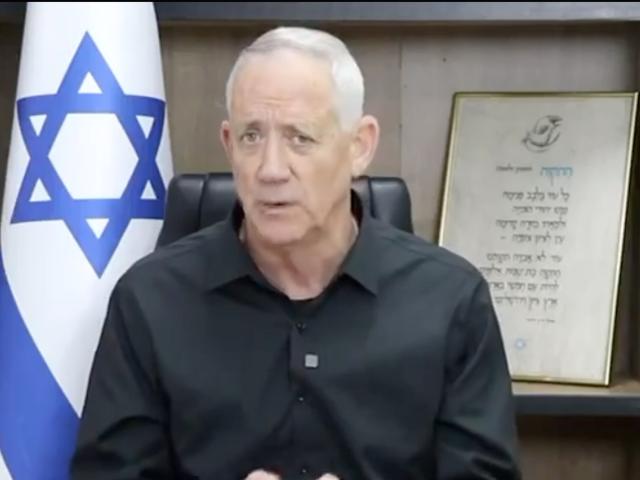Retired Israeli General Benny Gantz, a member of Prime Minister Benjamin Netanyahu’s War Cabinet, has issued a stark warning: if Hamas does not release the hostages it holds before the onset of Ramadan, Israel will extend its military campaign to Rafah. This strategy aims to coordinate with Egypt and the United States to facilitate evacuations and minimize civilian casualties as much as possible. However, given the extensive destruction across Gaza, the feasibility of providing a safe haven for civilians remains unclear.
In the ongoing conflict, Israeli forces have intensified their military operations, including aerial attacks and ground operations, particularly focusing on the southern regions. This escalation has led to a significant increase in casualties. According to the Hamas-run health ministry in Gaza, the death toll has surpassed 29,000, with the recent southern operations resulting in 107 deaths in a single day. Hamas does not distinguish between combatants and civilians however, estimates say that around two-thirds of the deaths have been militants. The total number of those wounded has also exceeded 69,000. It's important to note that these figures include both civilians and militants, with a portion of the casualties being women and children, highlighting the tragic impact that Hamas has inflicted on the civilian population.
The Israeli military has conducted targeted strikes in Khan Younis, the largest city in southern Gaza, amidst growing international concerns over a potential offensive in Rafah, a city near the Egyptian border. This area has become a refuge for a significant portion of Gaza's population, fleeing from the northern parts of the Strip due to Israeli evacuation orders and the southward progression of the conflict.
🚨 Israel have given Hamas a deadline of 𝗠𝗮𝗿𝗰𝗵 𝟭𝟬 (Ramadan) for release of all hostages held or Israel will march forward with Rafah operation.
— Kosher🎗 (@KosherCockney) February 19, 2024
“Israeli war cabinet member Benny Gantz has warned that unless Hamas frees all hostages held in Gaza by 10 March an offensive… pic.twitter.com/mcEV7eL9sT
The conflict, which escalated following a deadly incursion by Hamas fighters into southern Israel on October 7, has seen Israel vowing to decisively eliminate Hamas. This has led to a complex humanitarian and political crisis, with international calls for the recognition of Palestinian statehood growing louder. Yet, Israel has firmly rejected these calls, emphasizing that any resolution must come through direct negotiations and not unilateral international declarations. Prime Minister Netanyahu's cabinet has unanimously approved a statement categorically rejecting international mandates for a permanent arrangement with the Palestinians, underscoring Israel's stance against rewarding terrorism and its potential to derail peace efforts.
The rapists and murderers hiding in Gaza have a choice:
— NYCREMilton (@NYCREMilton) February 19, 2024
Israel Sets March 10 Ramadan Deadline for Hostage Release — or War in Rafah https://t.co/gB7m0fFRYj
The United States, along with other countries, has advocated for a two-state solution and broader Middle Eastern peace agreements that would include normalization of relations between Israel and Arab states. Despite these diplomatic efforts, the U.S. has faced challenges in brokering a ceasefire and securing the release of hostages still held by Hamas in Gaza. The U.S. Ambassador to the United Nations, Linda Thomas-Greenfield, has expressed opposition to an Algerian plan for an immediate ceasefire, arguing that it would not contribute to a sustainable resolution of the conflict. Instead, the U.S. seeks a comprehensive approach that would ensure a period of calm, facilitate humanitarian aid, and lay the groundwork for a lasting peace.
As the conflict enters its fifth month, the international community continues to seek a path to peace, amid the deepening humanitarian crisis in Gaza and the relentless pursuit of military objectives by both sides.


